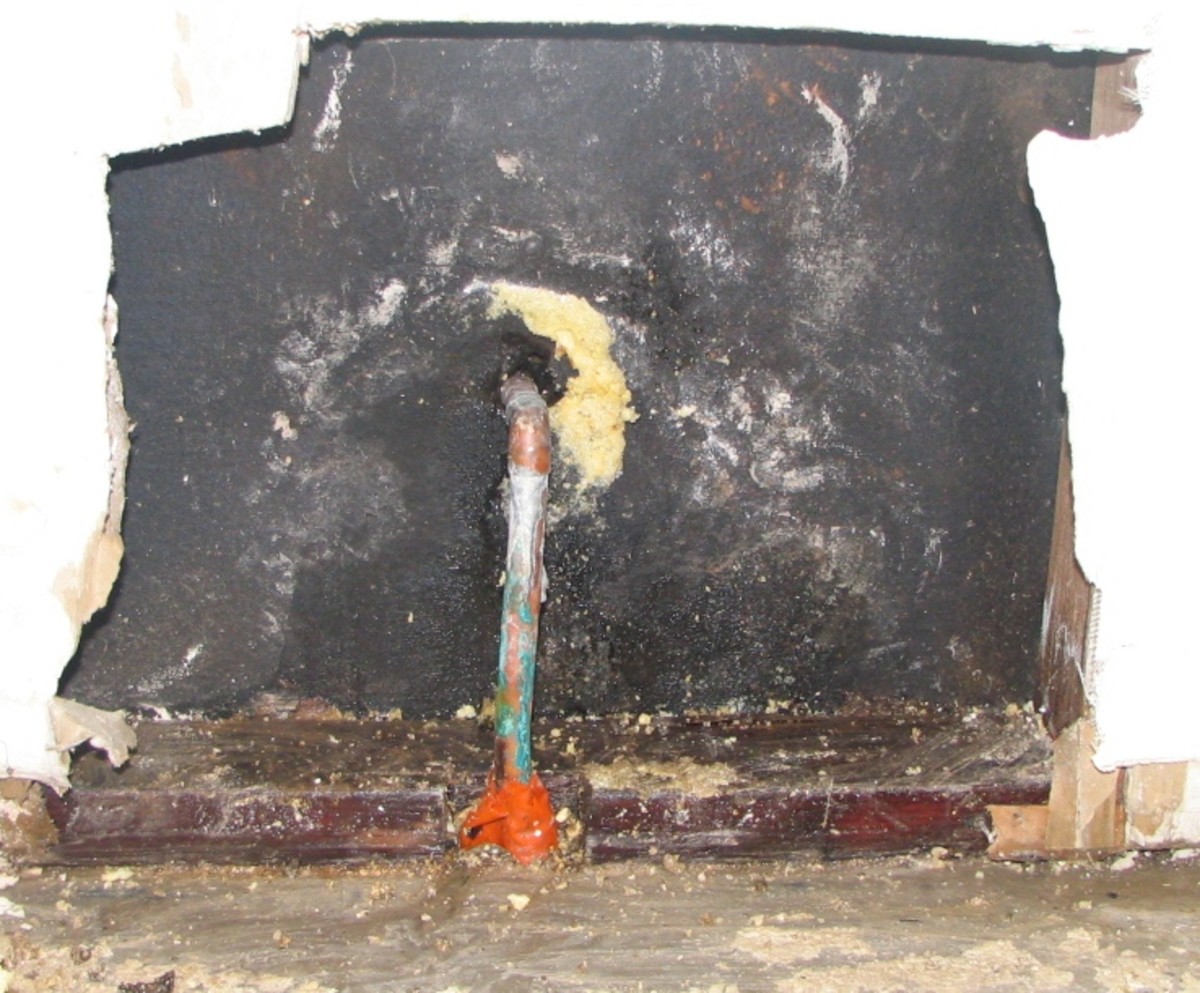How Investment Real Estate Can Make You Money

Investment real estate is best defined as a property consisting of space a tenant is willing to pay to occupy or use for the purpose of generating an income. For instance, apartment buildings, rental houses, duplexes, office buildings, storage facilities, strip malls and so on.
So unlike residential real estate that one buys for the sake of raising a family with lesser concern about rates of return and profit, investors purchase investment real estate solely for the purpose of making rates of return and profit.
Therefore it seemed like a good idea to inform those who haven't yet started to invest in real estate four inherent ways that investors can make money by owning rental income property.
1. Cash flow
Cash flow is the revenue an investor collects from rents less the expenses required to keep the rental property in operation less the mortgage payment.
2. Appreciation
Appreciation is the growth in the property value over time. In other words, the dollar amount at which the property can be re-sold less the property's original cost.
3. Loan amortization
Loan amortization is the liquidation of the mortgage over time. In other words, as is the case with a fully amortized loan, it is the amount of "principal" applied to the mortgage in each payment.
4.Tax shelter
Tax shelter represents the deductions allowable to the investor by the tax code such as a deduction for depreciation (or cost recovery), mortgage interest and amortized loan points.
Rule of Thumb
Of course it wouldn't be practical to expect that these four benefits are going to be present in equal measure with every investment real estate property.
Instead, it is more than likely to expect that rental properties will constitute some blend of the four benefits, with some present in one that is stronger than in others.
For example, one income property might give you an excellent annual cash flow yet offer you little in the way of a promising appreciable value and return when you the sell the property.
Whereas another investment property might yield little annual cash flow due to continual updating and repairs, but in the end give you a fantastic payday when you sell.
Still, some rental properties might simply offer you a good tax write off, with neither the benefit of cash flow or appreciation.
In other words, cash flow, appreciation, loan amortization, and tax shelter comprise the complete pool of potential benefits associated with owning real estate investment property, but it might be overly optimistic for real estate investors to expect all four benefits in one rental property alone (and probably wiser not to).
Okay, so here's the bottom line.
Your investment decision requires you to understand the financial performance of every property of interest so you can weight the benefits. Ultimately, however, your decision has to based upon what you deem most important to your investment goals and hope to accomplish by investing in real estate.
About the Author
James Kobzeff is the owner/developer of ProAPOD real estate investment software. He has been a real estate professional for the past thirty years and routinely writes articles on the topic of real estate investment.
Other Articles by Author
- Rental Property Ownership and Capital Gains, What It...
Written for real estate investors who want an idea about capital gains and how it is computed. - The Proforma Income Statement | How to Project Renta...
Discover why a proforma income statement is used for rental income property revenue projections. - How to Use a Comparable Market Analysis (CMA) to Det...
What a comparative market analysis is and provides. Did you know it does have a shortcoming when it concerns commercial real estate? See the solution.








